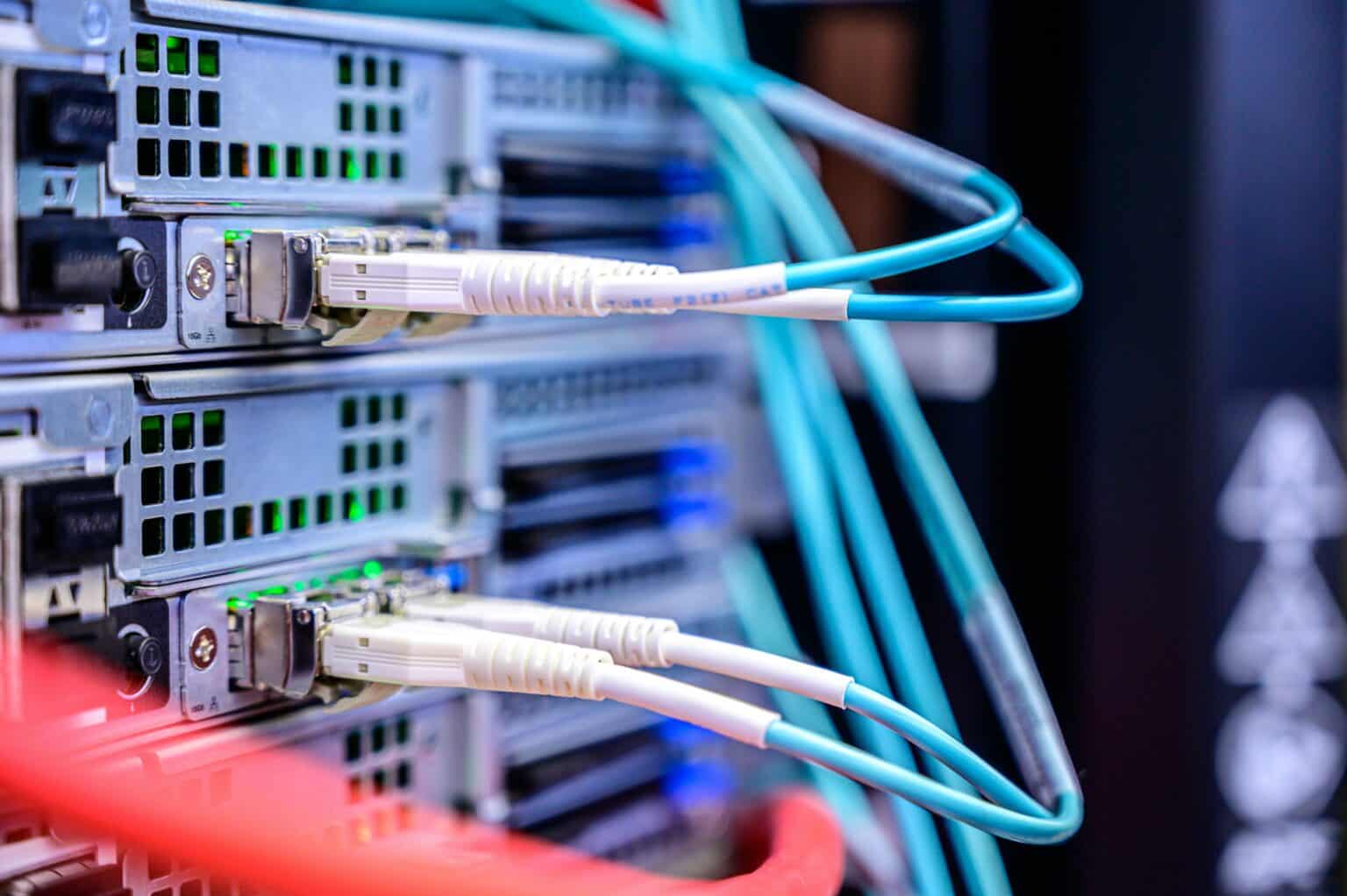How Do Battery Storage Systems Work?
Battery Energy Storage Systems (BESS) are commonly used within the renewable energy industry and are used as a way of storing energy, most commonly from solar or wind, in large amounts for later use. The integration of BESS can come with many benefits that businesses should consider when thinking about renewable energy sources. The biggest benefits being increased use of onsite generation rather than simply exporting back to the grid.

How do they work?
Battery Energy Storage Systems are made up of various components that work together to store energy and discharge it when the user needs it most. Typical components of a BESS often include:
- Batteries – The most important component of a BESS is the battery. These are responsible for releasing energy through the system when it’s needed. Depending on the type of BESS the battery type may vary, however the most common are Lithium-iron phosphate.
- Power Conversion System – The same as inverters, the Power Conversion System will convert DC power into AC power. The difference, there is a higher level of control that can be monitored and amended depending on the needs of the user making the PCS a crucial element within the system, especially for businesses with changing energy demands.
Managing your BESS
Battery Energy Storage Systems have software in place to monitor how the system is running and identify potential threats that can turn into ongoing issues. These include:
BMS
The battery management system (BMS) communicates with the modules and cells to monitor the health of the system. If an issue is identified with any of the cells, the BMS will send a message to the energy management system (EMS) to take action and resolve the problem. This helps eliminate potential threats and ensure the system runs without fault.
EMS
The energy management system (EMS) can be programmed to tell the inverter to charge and discharge at specific times; which allows users to monitor their costs more efficiently by taking advantage of flexible tariffs. The EMS can be controlled remotely by the Alpha portal where you can also access detail on each individual cell.
Advanced Management Strategies
Not only does the system come with software that can monitor the overall health of the batteries, but they also include State of Charge Calibration (SoC). The BMS will also monitor how frequently batteries are being fully charged and/or emptied. If a cell only charges to a certain state for a long period of time its capacity may drop. Therefore, a SoC will take place when necessary to fully charge each individual cell to its maximum capacity ensuring the batteries efficiency stays at its highest for as long as possible.
How Do BESS Last?
Most Battery Energy Storage Systems can perform thousands of charges and discharge over their lifetime. Many systems will have a maximum number of cycles during their lifetime at their highest rate of charge before dropping to a lower capacity. However, this will always depend on how frequently the system has been fully charged or discharged.
Depth of Discharge
Depth of Discharge (DoD) is the amount of energy that each cell can release. The market benchmark is a 90% DoD. Meaning that cells with a 90% DoD must always retain a minimum 10% State of Charge.
Adding BESS to your business
Adding Battery Storage to your business can come with many benefits that can both benefit the running of a business and the environment.
Peak Shaving
Businesses with peak demand during periods of high electricity rates stand to benefit significantly from peak shaving. By programming your system to charge when rates are low and discharge when rates are high, you can reduce your reliance on costly energy during peak times.
Cost Savings
By programming your system to charge and discharge at specific times, you can take advantage of lower energy rates, reducing your reliance on costly electricity compared to not having a battery.
Energy Reliance
Integrating BESS into your business will reduce your reliance on the grid. By having a backup power system, you no longer need to worry during outages or power cuts as your backup supply could cover you until things are back up and running. Reducing this worry means daily business activities can continue without interruption and enhance operational reliability.
Environmental Impact
Having less reliance on the grid automatically means lower environmental impact. By using less energy from fossil fuels and more energy from renewable sources, businesses can reduce their carbon footprint. Making small changes like this can have a huge impact, especially for businesses that have high demand and rely heavily on the grid.
Grid Support
BESS solutions help lower blackouts and implications with the grid by using alternative energy supply from renewable sources. Not relying heavily on the grid reduces its strain and risk of having issues which leads to less need for newer plants.
CONTACT
Terms and Conditions | Cookie Policy | Privacy Policy
© Immersa. All Rights Reserved.
